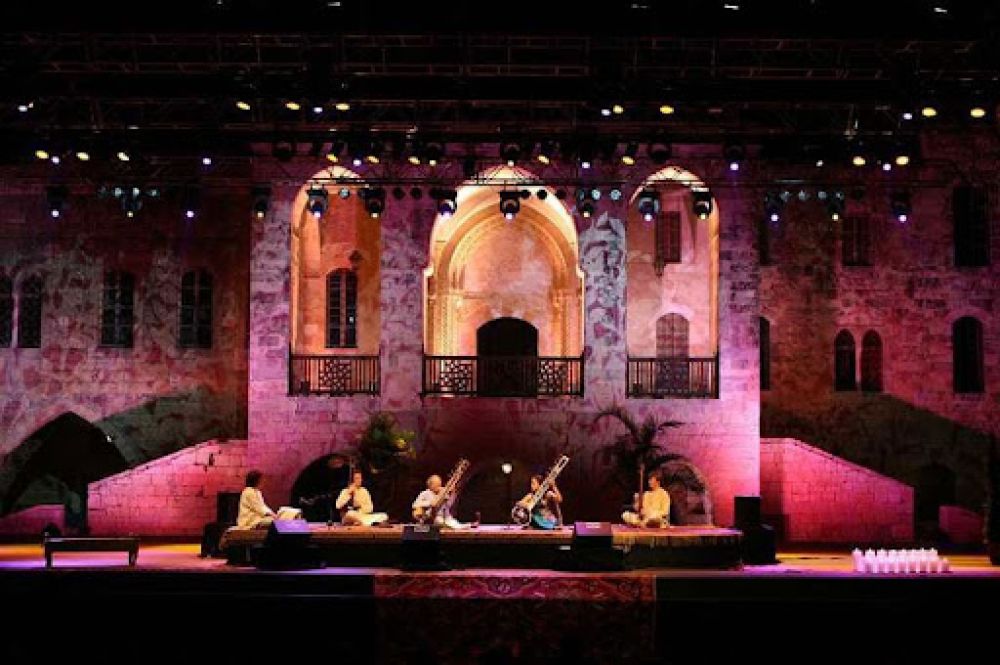

The Beiteddine Festival is one of Lebanon's leading cultural events and takes place within the stunning Beiteddine Palace. This prestigious festival began in the 1980s, and since then, it has played a significant role in reviving the cultural life of Lebanon after the civil war. It showcases a diverse array of performances including music, dance, theatre, and opera, both from local and international artists.
Beiteddine Palace, the location of the festival, is a 19th-century masterpiece of architecture that combines traditional Arab design with Italian baroque influences. It was built by Emir Bashir Shihab II in the Chouf Mountains and is now a major tourist attraction. The palace's intricate details, expansive courtyards, and lush gardens create a magical setting for the Beiteddine Festival, attracting visitors from all around the world.
Tourism in Lebanon has a rich and diverse history, considerably influenced by the country's cultural heritage and archaeological wealth. In the mid-20th century, Lebanon was thriving as a tourist destination, referred to as the "Switzerland of the East" due to its financial power and diversity. The capital city, Beirut, was also famously known as the "Paris of the Middle East" for its vibrant culture and fashionable lifestyle.
However, the onset of the Lebanese Civil War in 1975 drastically affected the nation's tourism industry. Post-war recovery and reconstruction led to a gradual resurgence in the 1990s and early 2000s, restoring many of Lebanon's historical sites, including the Byblos citadel, Baalbek Roman ruins, and the famed cedars of the country's mountains, reinvigorating the sector.
Recent tourism trends in Lebanon reflect a growing interest in experiencing the country's culture and history. Eco-tourism is on the rise, with visitors seeking out Lebanon's natural beauty through hiking, camping, and exploring the Lebanese Mountain Trail. The trend is towards sustainable and responsible travel, connecting tourists with local communities.
Gastronomic tourism is also growing, driven by Lebanon's reputation for its cuisine. Tourists are increasingly searching for authentic culinary experiences, from street food tours in Beirut to wine tasting in the Bekaa Valley.
Moreover, there's been a focus on wellness and health tourism, with visitors attracted to the luxury spa resorts in the mountains and thalassotherapy along the Mediterranean coast. Despite the challenges faced by Lebanon, including the recent economic turmoil, its tourism industry continues to fight for a comeback, banking on the country's enviable cultural richness and geographic diversity.